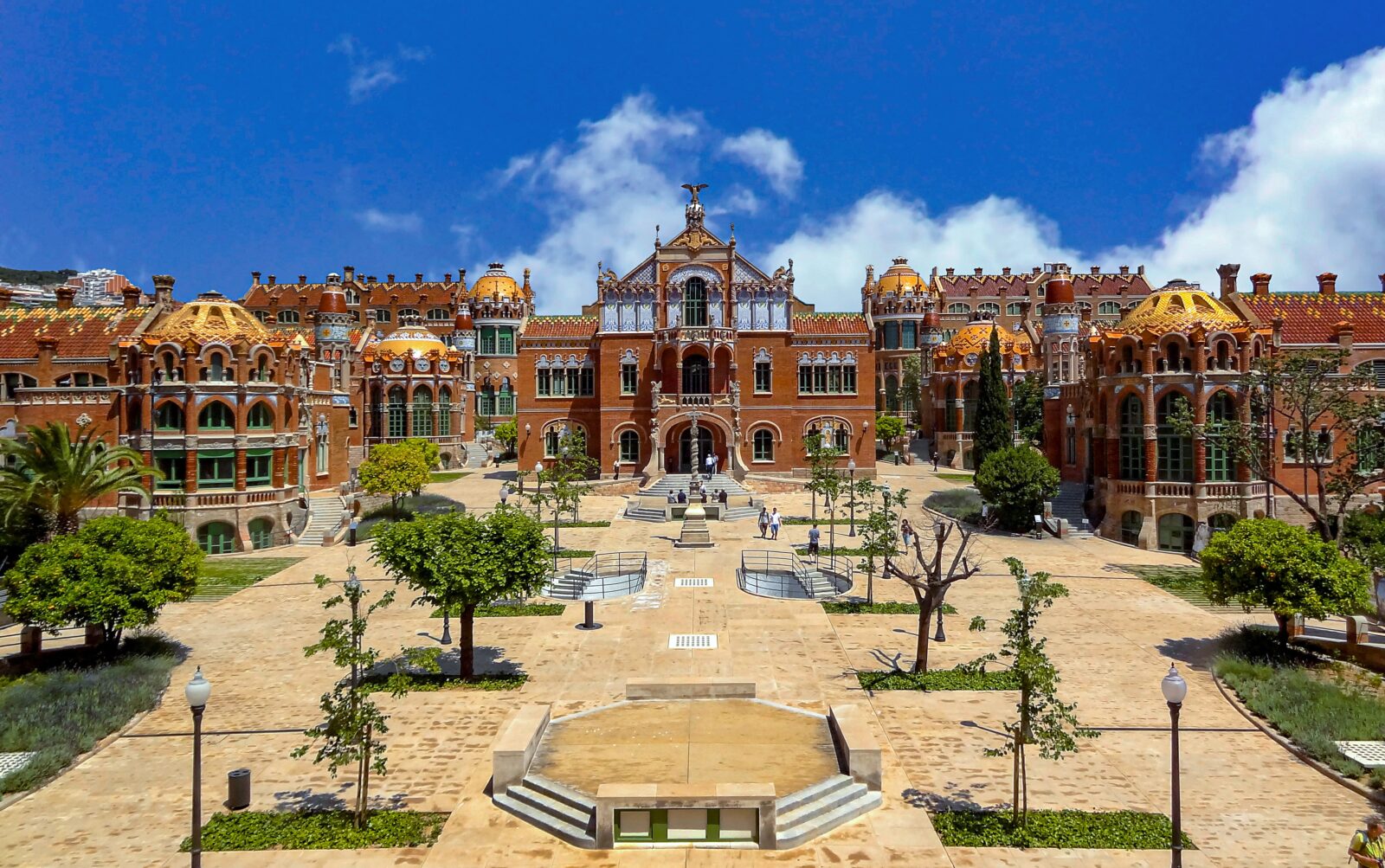The healthcare sector in Barcelona

In recent years, Barcelona has become an international leader in research, inpatient care, and innovation. This is due to the talented people working in cutting-edge research and the city’s unwavering commitment to healthcare. With five major hospitals in the city itself, another seven in the metropolitan area, and numerous research centers, Barcelona has a robust ecosystem that is able to compete on the international stage. It is funded by specialist local investors such as Asabys, Ysios Capital, Caixa Capital Risc, Inveready and Alta Partners, as well as by a growing number of foreign investors who are keen to invest in Barcelona’s healthcare sector
Barcelona in numbers
With more than 1,000 companies and some 89 research centers, Barcelona is now a major hub for the life sciences and health sectors. In 2021, these companies had a turnover of 39,389 million euros (8.7 of Catalan GDP), and employed more than 247,000 people, an increase of around 3% in both turnover and employment. Between 2018 and 2022, Barcelona received some 689 million euros of essential foreign investment (445 million euros in 2022), the first megaround of medtech with the investment in the company Impress alone reaching some 122 million euros.
Barcelona is also a benchmark in the field of digital health, with 267 companies, a turnover of 440 million euros, and over 3,000 employees.
It should not be forgotten that Catalonia is also the birthplace of pharmaceutical giants such as Almirall, Esteve, Ferrer, Grífols, Reig Jofré, and Uriach, which have attracted other world leaders like Bayer, Boehringer Ingelheim, Novartis, Roche and Sanofi. As well as benefiting from inward investment, Barcelona is also working hard to create the conditions that make it possible for these companies to stay here and thrive. Only through determined proactive management will the city be able to strengthen and consolidate its position as a top destination in this sector
Consolidating Barcelona’s position as a global biomedical hub .
Barcelona has worked hard to build its reputation as an international biomedical global biomedical hub Inspired by leading cities such as Boston, it has recognized the importance of generating synergies and has sought to foster collaboration between research institutes, hospitals, and private companies, making it a global biomedical hub that can compete with cities such as Tel Aviv, Copenhagen, and London.
The challenges for public-private partnerships
With public-private collaboration essential for progress in the sector, Barcelona needs to focus on the following challenges:
- It should increase communication between researchers and private companies at the earliest stages of research (through mentoringprograms, for example), so that researchers can confirm the commercial viability of their products and ensure that there is a market and potential economic return before proceeding with the development of a new drug or diagnostic/therapeutic technique.
- Given that the current market trend is for pharmaceutical companies to invest in products that already show positive results in phase 2, it is essential to increase investment in the initial phases of start-ups and spin-offs so that drugs or technologies can reach at least phase 1 in their development. This could be done not only through grants and capital injection, but also by encouraging other forms of private finance such as philanthropy.
- Giving researchers and start-ups access to private as well as public laboratories, hospitals, and other infrastructures, as well as to technologies that are not protected by industrial property rights. This should enable them to become part of the business activities of private individuals, thus bringing benefits to both parties.
- Relax data protection rules to encourage anonymisation and pseudonymisation of clinical data. This would allow simulated clinical trials to be conducted and algorithms to be trained to develop new techniques and devices. Although technology makes it possible to conduct clinical trials without patients, regulatory barriers prevent the full use of big data in clinical research. There is an urgent need for a change in the perception of data flows and greater regulatory flexibility.
- Streamlining bureaucracy in order to accelerate the funding of research projects.
- Identify and support professionals with a vocation for innovation and leadership within hospitals, freeing them from more bureaucratic tasks so they can devote more time to research.
- Encourage pharmaceutical companies to sponsor medical trials in public hospitals. For example, the Val d'Hebron Hospital, a leader in medical trials in Europe, saved more than 36 million euros in medicines in Barcelona in 2021 and more than 100 million euros in the entire metropolitan area, allowing the health system to allocate resources to other needs.
- Promote a culture of innovation that focuses on the practical application of these ideas and on patient care, ensuring that research is about much more than publishing papers and has a real impact on healthcare.
Shaping the future
Barcelona is proving to be a key player in healthcare, but it also faces important challenges, such as increasing funding for early-stage projects and improving the management of clinical data for research.
Close collaboration between the public and private sectors is essential for Barcelona’s future. The state must do more than just provide funding. To ensure that Barcelona remains a beacon of progress in the sector, it needs an ecosystem that combines research, innovation, and investment, as well as government regulation that helps to foster synergies.
If you want to know the latest English news about Barcelona and the people who bring it to life, sign up to our Blog.







